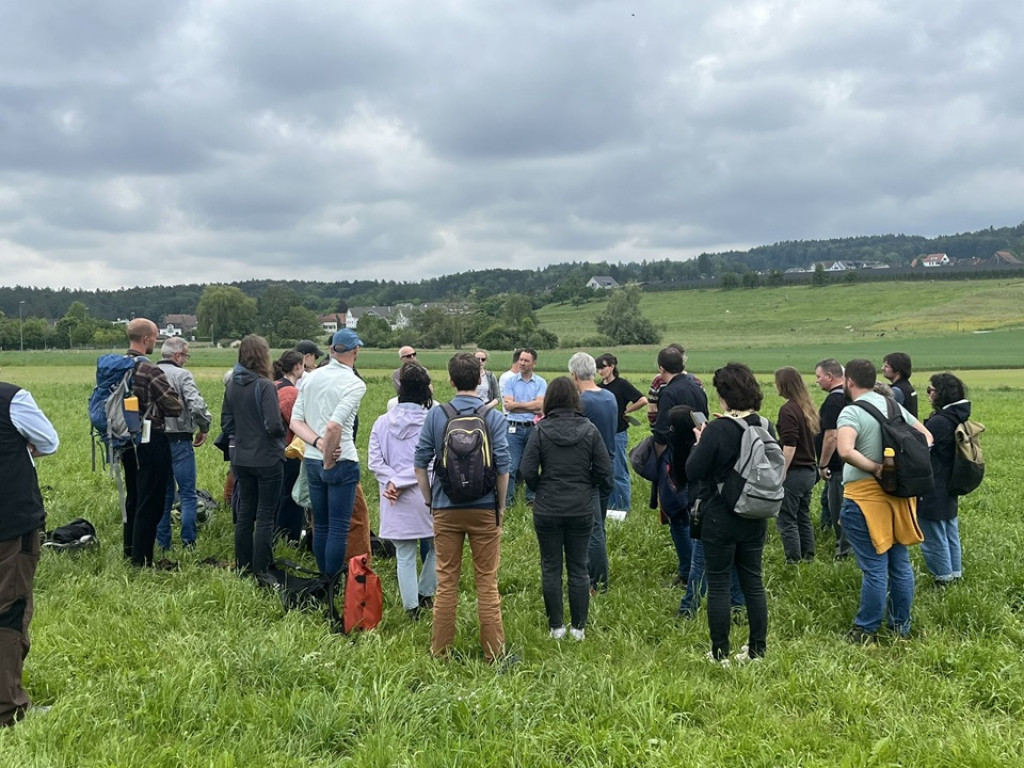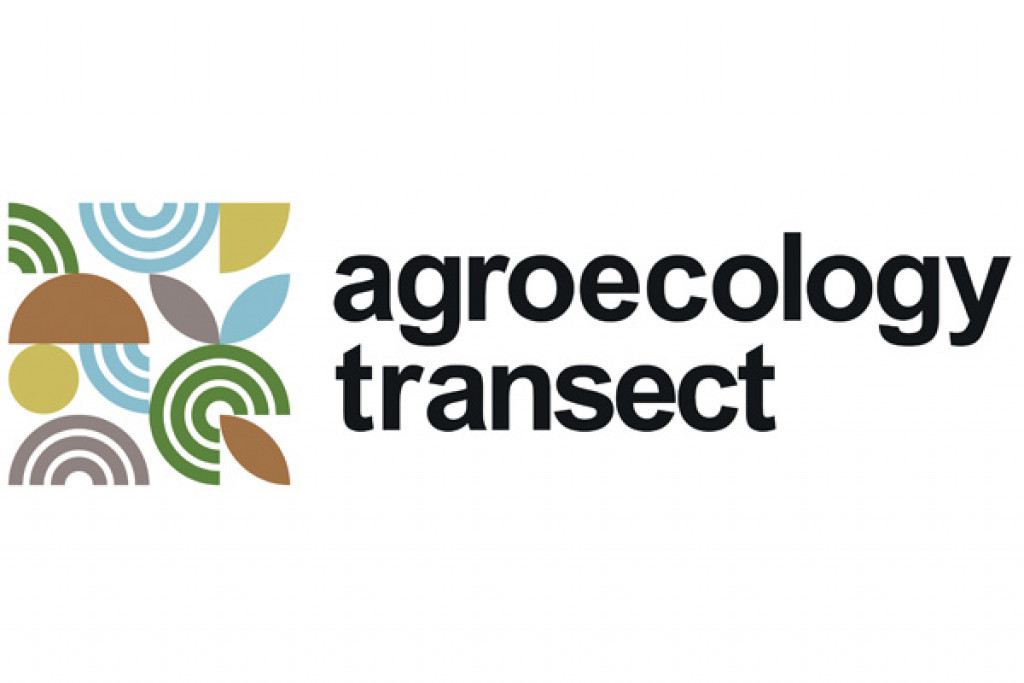The extensive agricultural diversity within Europe is fertile ground for developing innovative systems. This vast potential is a source of inspiration for promoting more sustainable agricultural practices, namely practices that are adapted to climate change, profitable for farmers and good for biodiversity. The Agroecology-TRANSECT project is based on these three pillars, and aims to develop agro-ecology in Europe and further afield. To this end, researchers from the CRA-W visited more than twenty agro-ecological initiatives across Europe, in order to analyse them and gain an understanding of their work. This makes it possible to support them in their transition, to allow other initiatives to take inspiration from them and to provide feedback on their needs and the challenges that they face to policy-makers in Europe. Through the implementation of a methodology that combines agronomy and sociology, interviews were conducted with key players with a variety of profiles (farmers, researchers, food processors, distributors, etc.) from each initiative, in order to gain a better understanding of the context in which these initiatives developed, the players within each initiative and around them, and the barriers to, and levers which enable, their development.
It is possible to highlight the Walloon initiative among the various agro-ecological initiatives explored by the Agroecology-TRANSECT project. It is focused on a group of farmers that are combining organic farming and conservation farming, and is being piloted by the CRA-W in collaboration with Greenotec. This initiative faces a number of challenges linked to the cross-disciplinary collaboration between farmers, consultants and researchers, the time spent by farmers on a voluntary basis and the need for long-term funding to support system experiments. Technical challenges, such as the lack of flexibility and diversity of machines for experimenting with new practices, were also noted. The challenges encountered are similar to those faced by a Danish initiative working on conservation farming. Despite the contextual difference, this initiative faces similar challenges in terms of both technology and collaboration between farmers and researchers. In contrast to this, an initiative in Greece is striving to develop sustainable agricultural tourism in a Mediterranean setting, where issues relating to the climate are particularly noteworthy. Although the nature of this initiative is very different, it faces the same challenge as those we have previously mentioned: reconciling practical needs on the ground with research methods and expectations.
In the future, the CRA-W will cross-reference these results to make transversal conclusions, with a view not only to helping develop agro-ecology within Europe, but also influencing European policy, by submitting results from the field to decision makers within Europe.
Funding:
European Commission (Horizon Europe framework programme, HORIZON-CL6-2021-CLIMATE-01-05 call for projects)



